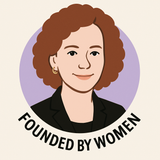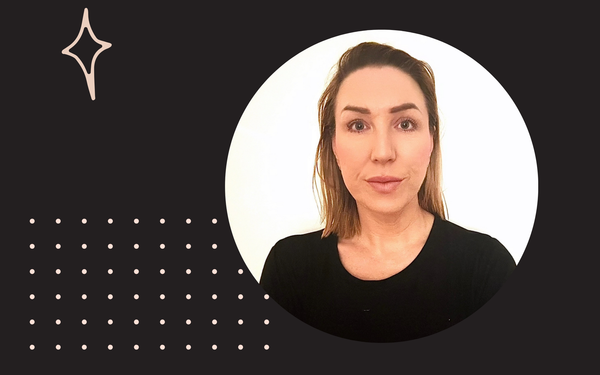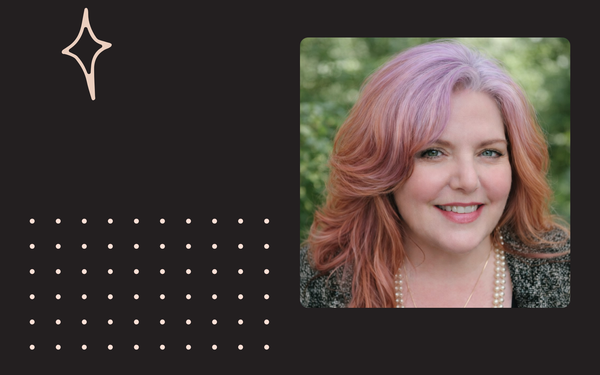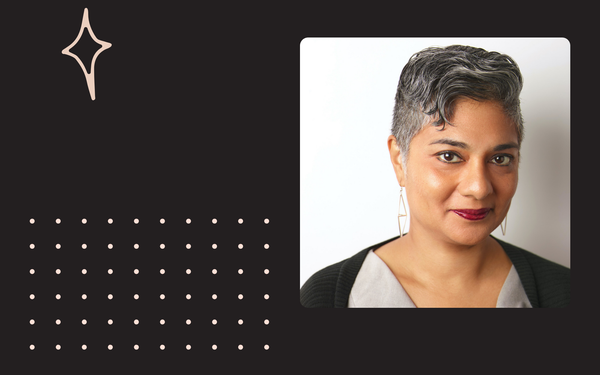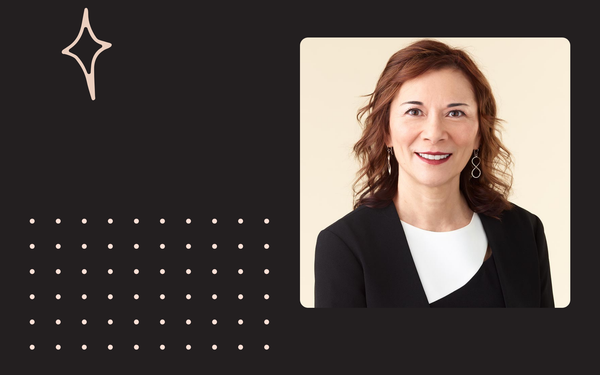From PhD Research to Fintech Authority: How Dr Alice Wilson Turned Complex Finance Into Compelling Content
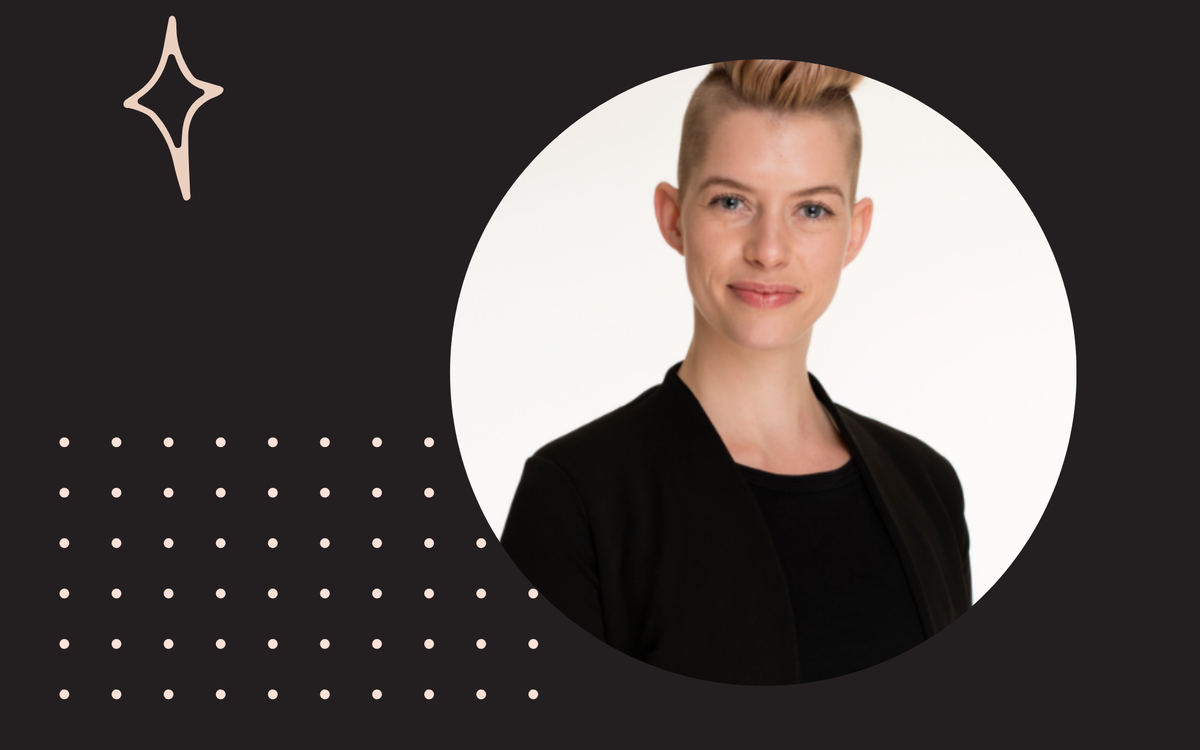
When Dr Alice Elizabeth Wilson made the strategic decision to narrow her focus to alternative asset content marketing, she was betting that specialization would trump generalization in the crowded fintech space. That calculated risk has paid off spectacularly. As the founder of Uncommon, she has transformed her rigorous academic background—including a PhD and TEDx speaking experience—into a thriving content marketing consultancy that generates hundreds of thousands in sales for clients and achieves top Google rankings for competitive financial terms.
What sets Dr Wilson apart in the marketing world isn't just her academic credentials, but her deliberate approach to building authority in a highly technical niche. Rather than positioning herself as someone who simply "works in marketing," she strategically branded herself as a specialist in alternative asset content—a distinction that immediately differentiates her when reaching out to CEOs and CMOs of investment platforms and asset managers.
Her philosophy centers on treating clients as "smart people" who don't need "spammy sales techniques," instead focusing on education-first content that builds long-term partnerships. This approach has earned testimonials praising her work as "spectacular" and "essential," with clients like LiquidX seeing a 30% increase in web traffic and dozens of qualified leads.
Dr Wilson's journey from academia to fintech authority demonstrates how female founders can leverage deep expertise and authentic relationship-building to succeed in technical industries. Her commitment to being "as human as possible"—sending letters and books to clients, checking in on their families—stands in stark contrast to what she calls "the morass of productivity and growth hacking diarrhea that constitutes the vast majority of neoliberal capitalist culture."
In this Q&A, Dr Wilson shares insights on strategic positioning, building credibility in specialized markets, and creating content that educates while converting—valuable lessons for any entrepreneur looking to build authority in a competitive space.
Question 1: From Academia to Alternative Assets Marketing
You hold a PhD and are a TEDx speaker, but chose to focus specifically on fintech and alternative asset content marketing. What drew you from academia into this niche entrepreneurial space, and how do you leverage your research background to create content that generates real business results for complex financial products?
Focussing on alternative assets in my business was an entirely strategic decision. I reasoned that the more specific our offering was, the more likely prospective clients would be to first, find us, and second, work with us. Imagine for yourself being the CEO or CMO of an investment platform or an asset manager and seeing a connection request on LinkedIn from someone who "works in marketing" versus someone who "specialises in alternative asset content". There is an immediate filtering mechanism in place that makes our offer at Uncommon stand out as highly specialist and valuable.
I reasoned that companies in the alternative assets space have problems that they want solving with content and, crucially, that they have the money to spend on solving those problems with content. A lot of companies in this space need sophisticated content aimed at knowledgeable investors; institutional investors, pension fund administrators, family offices and the like. I used my data science and rigorous academic training to set a standard in Uncommon that differentiates us from marketing firms who, with the best will in the world, cannot produce content and research with the level of understanding and refinement that our clients need.
Question 2: Building Authority in a Specialized Market
You've achieved impressive results - generating hundreds of thousands in sales for clients and earning top Google rankings for competitive terms like "How will MCAs perform during recession." In the crowded fintech marketing space, how do you differentiate your approach and establish credibility with CMOs who may have been burned by agencies that don't understand alternative assets?
I think I've covered that above, but I will add that case studies and testimonials are the most valuable assets you have in your business for earning trust with people who don't know you. Again, imagine a stranger approaching you and asserting: we can improve your business / generate sales pipeline / any of the other vague and annoying things strangers on the internet say to you. Now imagine them saying instead: We've worked with Docker, the multi-billion dollar tech giant, and their head of product marketing, Dan, said this about us: "Our writer was smart, thoughtful, a great communicator, and a pleasure to work with. Our collaboration in writing a technical white paper has been nothing short of spectacular." It's such a different proposition to show evidence that this is what we have already done, versus this is what I am claiming we could do for you probably.
I also think that being as human as possible has been a major factor in differentiating our approach with CMOs who, like you say, often have been burned by agencies in the past. I write letters to my clients. I send them books I think they would like. I check in with "prospects" for non sales related reasons, to ask how their kids are, to genuinely forge some tender thread of human connection in amongst the morass of productivity and growth hacking diarrhea that constitutes the vast majority of neoliberal capitalist culture.
Question 3: The Education-First Content Strategy
Your philosophy is that "your clients are smart people" who don't need "spammy sales techniques" - instead focusing on education-first content. How do you balance creating genuinely valuable educational content with driving leads and conversions? What advice would you give to female founders about building trust-based marketing in technical industries?
I think an education first approach is entirely cogent with driving leads and conversions. That is particularly the case for us at Uncommon because we are only looking for high quality long term partnerships at a highly strategic level. We are not an off the shelf agency, we do not operate on volume; we are not funnel marketing bros. Our collaboration is deep and intimate and rich with expertise, which means all of the content we create for our own marketing purposes in pretty much entirely education based - our focus is on tending the garden that will give fruits for many years to come, not the quick spikes in sales that can come from a blast of campaign activity and then end in churn and high client turnover.
One of our clients, Adam, the revenue manager at LiquidX, has said this the best I think; “We’ve seen a 30% increase in web traffic and generated dozens of qualified leads. What started as a 3-month trial has become an essential long-term partnership. We see them as an integral part of the team.”
Becoming an integral part of the team, an essential og-term partner, is our offer. Extremely high quality, academically rigorous, but narratively sensitive content is how we achieve this both for our clients and for ourselves.
Are you a woman leader with an inspiring journey to tell? Founded by Women is on a mission to elevate and amplify the voices of women making an impact.
If you're breaking barriers, driving change, or paving the way for others, we’d love to feature your story. Get in touch with us today!
👉 hi@foundedbywomen.org
